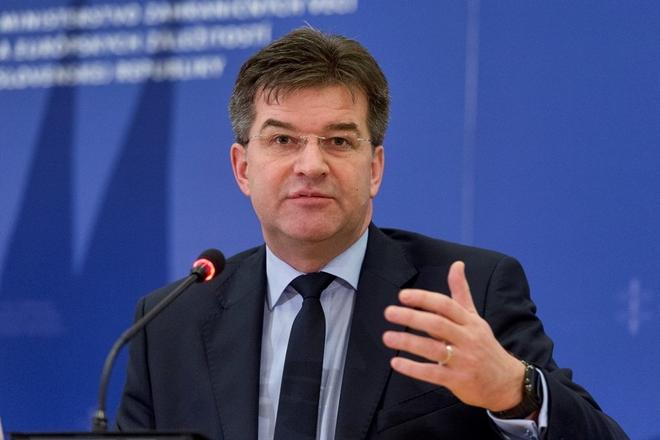“Its realisation and the subsequent elimination of Ukraine as a transit country for Russian gas transport would significantly affect Ukraine’s geopolitical and economic position in a negative way, as it earns €2 billion a year from gas transit,” said Lajčák as cited by the TASR newswire, adding that Kiev itself views the project as hostile against it.
Lajčák pointed out that the European Union has to respect its own rules. Regarding gas supplies, this concerns the European Energy Charter and the principle of the European Union’s Third Energy Package. The rules featured there focus on the liberalisation of electricity and gas markets and the separation of production and supply, thereby enabling small companies to enter the energy market and extend consumer choice.
“So, we’re only saying that each project has to be assessed from the viewpoint of its compatibility with European standards,” said Lajčák. “We are convinced that the Nord Stream II project does not comply with European standards, and we were expecting a statement from the European Commission on the matter.”
Russian energy giant Gazprom signed an agreement on expanding the current Nord Stream gas pipeline with a consortium of five European companies – E.ON, BASF/Wintershall, OMV, ENGIE and Royal Dutch Shell – in September 2015. Its critics point out that the current Nord Stream pipeline can only operate at 50 percent of its capacity due to EU rules on economic competition, meaning that its expansion does not make sense. According to them, this simply points to Russia’s only goal – to bypass Ukraine, which would lose its position as a key transit country.
Slovakia would also suffer from this, as according to the Economy Ministry, it would lose yearly earnings of €400 million in gas transit that comes from Russia via Ukraine and is directed further west. It would affect Slovakia’s position as an important player in energy.
It was decided at the EU summit in December that the project is to be assessed by the European Commission in order to check whether it complies with Energy Union principles. Apart from the Visegrad Four countries (the Czech Republic, Hungary, Poland and Slovakia) Bulgaria, Romania, Estonia, Greece, Latvia and Lithuania have also asked for this.
Meanwhile, Italian Prime Minister Matteo Renzi has spoken against expanding the current capacity of Nord Stream too. According to him, it would be unfair if the EC approved this project, as it previously blocked the proposed South Stream gas pipeline, which was set to pass through Italy.
Russian Energy Minister Alexander Novak has said that the criticism of the project has been politicised in the EU.



 Foreign Affair Minister Minister Lajčák (source: TASR )
Foreign Affair Minister Minister Lajčák (source: TASR )